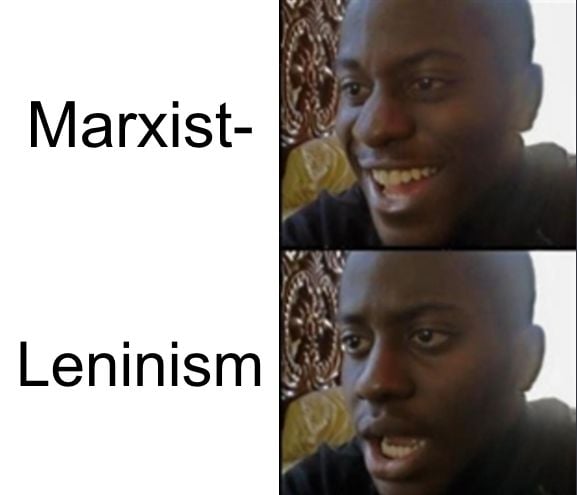211
you are viewing a single comment's thread
view the rest of the comments
view the rest of the comments
this post was submitted on 02 Aug 2024
211 points (92.4% liked)
Political Memes
8149 readers
2088 users here now
Welcome to politcal memes!
These are our rules:
Be civil
Jokes are okay, but don’t intentionally harass or disturb any member of our community. Sexism, racism and bigotry are not allowed. Good faith argumentation only. No posts discouraging people to vote or shaming people for voting.
No misinformation
Don’t post any intentional misinformation. When asked by mods, provide sources for any claims you make.
Posts should be memes
Random pictures do not qualify as memes. Relevance to politics is required.
No bots, spam or self-promotion
Follow instance rules, ask for your bot to be allowed on this community.
No AI generated content.
Content posted must not be created by AI with the intent to mimic the style of existing images
founded 2 years ago
MODERATORS

Soviets made a big show of being modern, but were positively moribund in traditional artistic mediums, and rejected many modern scientific ideas as bourgeois regardless of evidence. The realms in which the Sovs were most anti-traditionalist were that of new artistic mediums (with Soviets being pioneers in film, a medium that only barely and technically predates the Soviet Union in a serious sense) and in traditions that were rooted to institutions of society they didn't control, as all totalitarian states.
Anti-traditional Christian, if you prefer. Nazism's position on Christianity was markedly different than, say, fascist Italy, or the clericalist fascist regimes Germany allied itself with, and the strong neo-pagan current in Nazism is not something that you would find prominent in other contemporary major fascist movements. It's fair for Umberto Eco to single it out.
There is a huge difference between Nazis putting Christian ministers in positions of power and Hitler calling himself a Christian warrior and Soviets wiping religion out except for a short period when Stalin reopened the church during WW2. Eco stated the discredited idea that Nazis weren't Christians.
https://encyclopedia.ushmm.org/content/en/article/the-german-churches-and-the-nazi-state